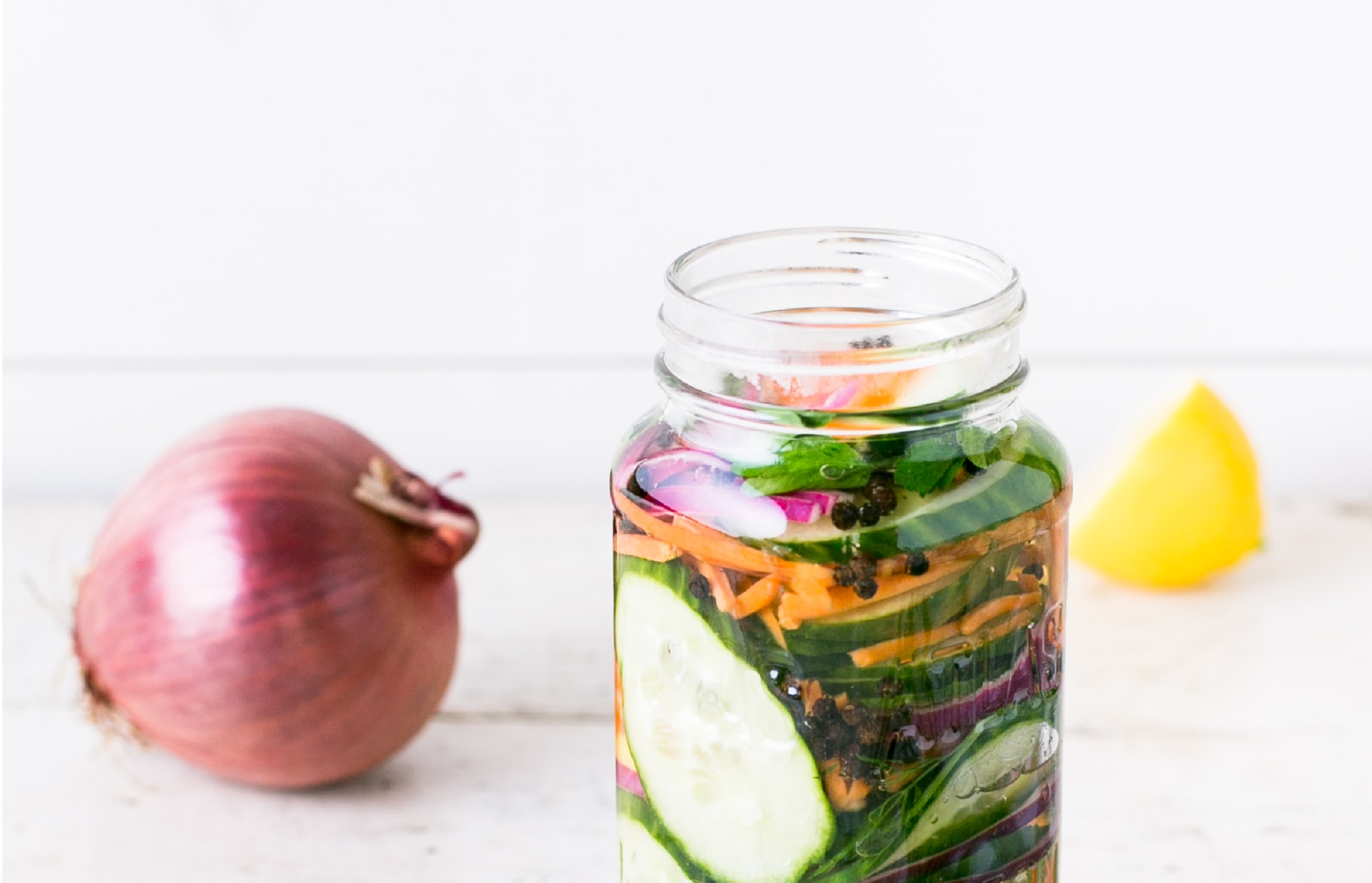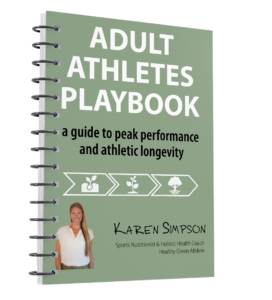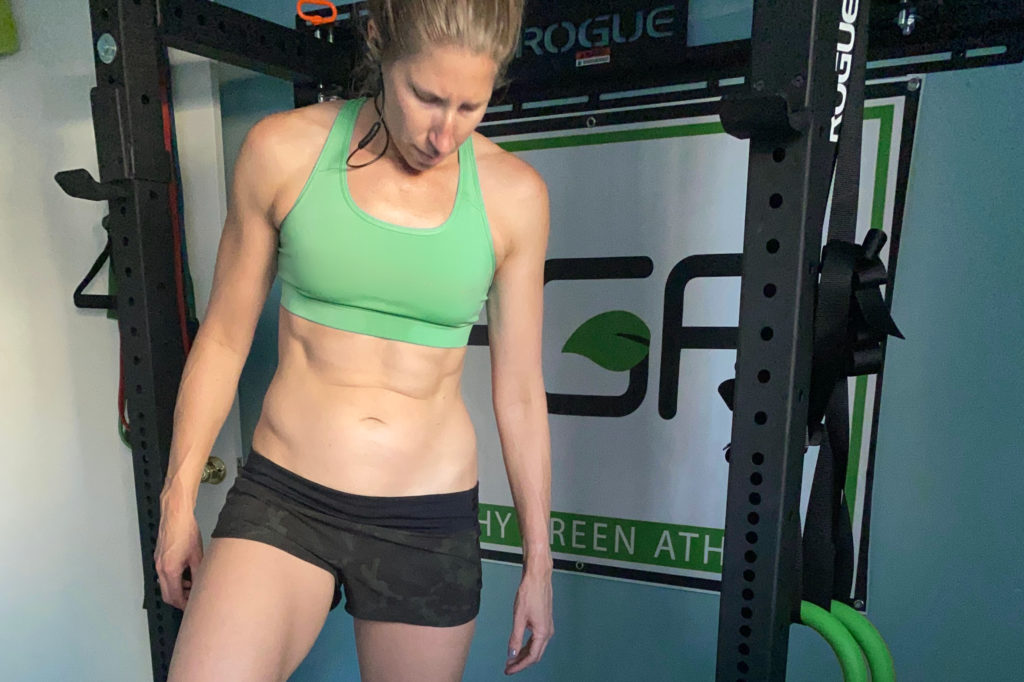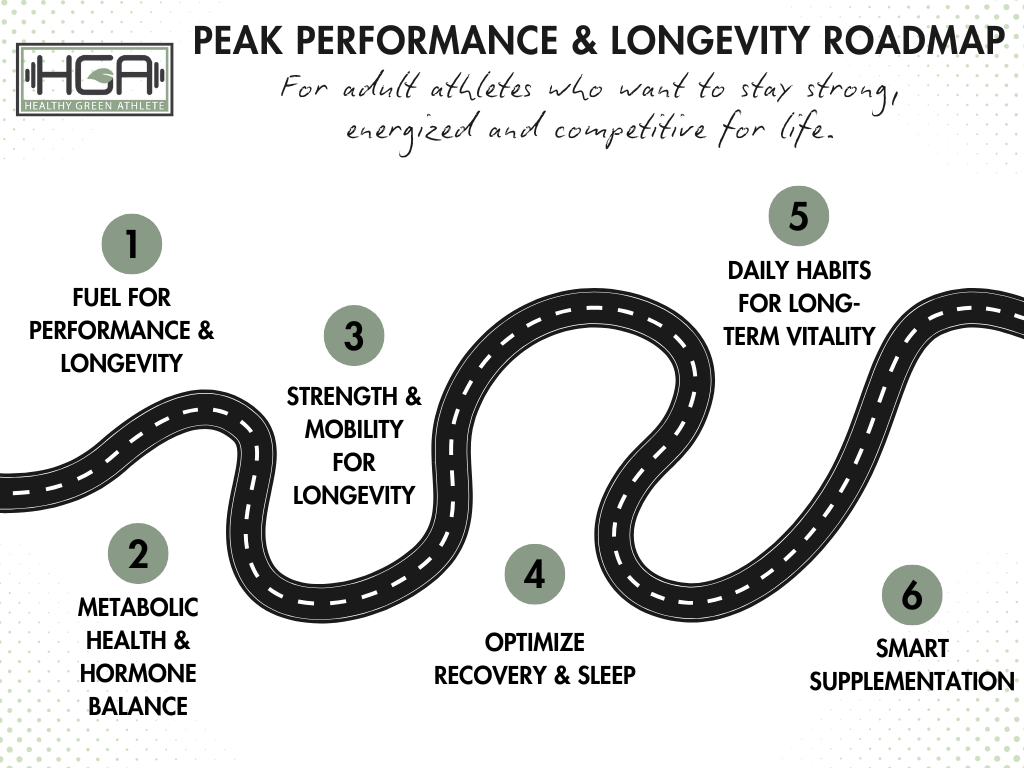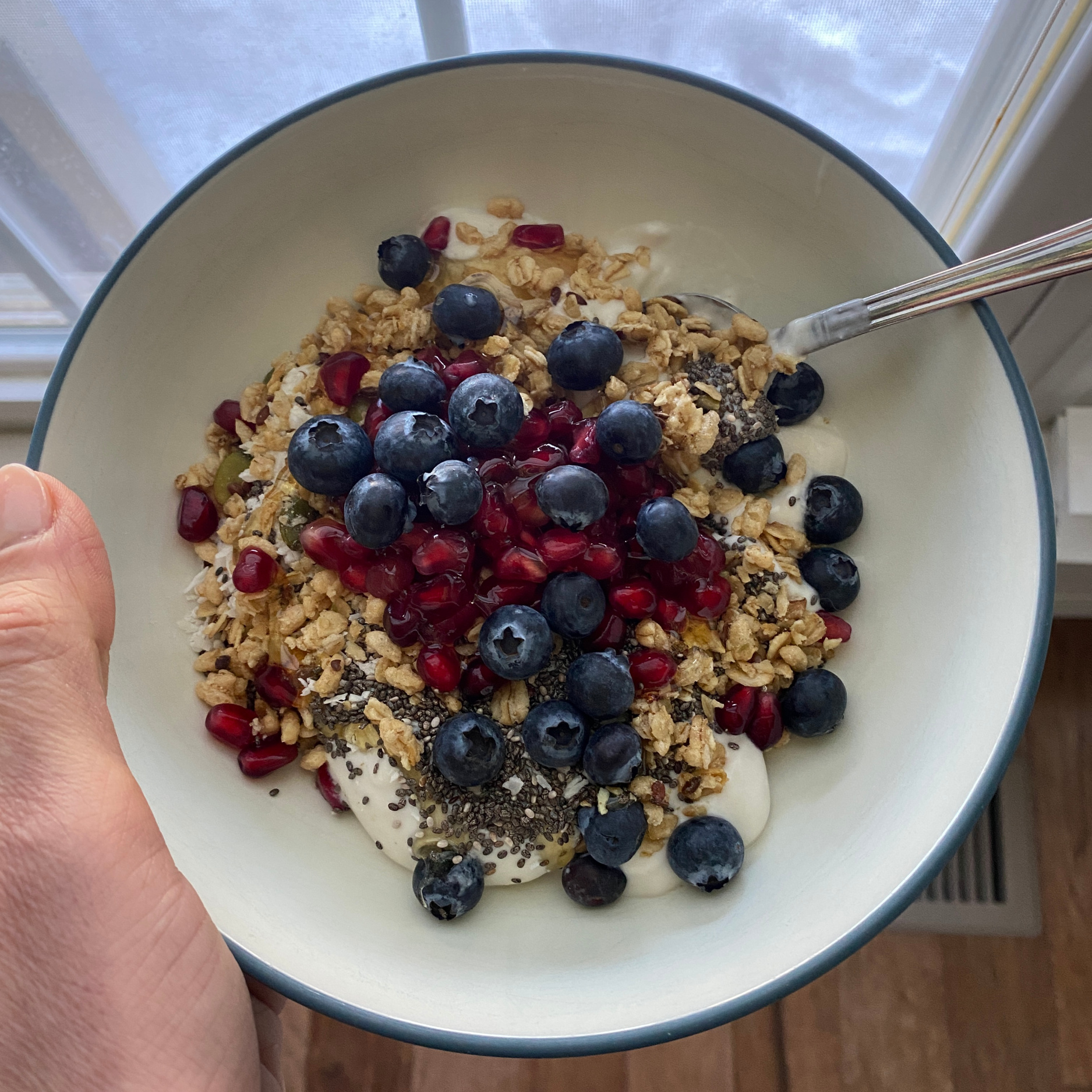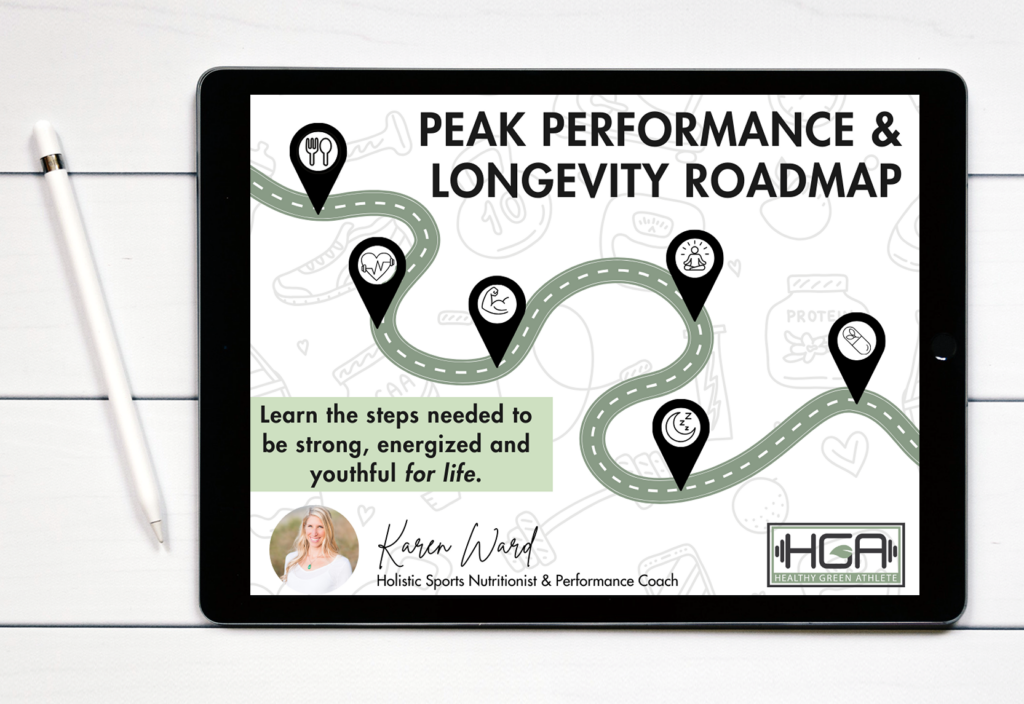I’ve been taking probiotic supplement every day for the past 5 or so years. I’m convinced that they have contributed to my overall health and well-being but have also helped my digestive system adapt when it’s thrown for a loop. They’ve helped to keep me regular and healthy while I’m traveling, and got everything back to normal quickly after needing full anesthesia for my knee surgery.
In general, probiotics have been found to support:
Immunity.
Since 80% of of your immune system resides just outside of your intestinal walls, a healthy gut supports a healthy immune system. A healthy gut microbiome helps to minimize immune responses that lead to inflammation in the gut and elsewhere in the body. You can check out my article on Anti-Inflammatory foods and Common Endocrine Disrupting Chemicals to maintain a healthy gut.
Digestion.
Probiotics offer a source of “good bacteria” which help you to digest your food, and ensure that your digestive tract is properly absorbing the nutrients your body needs to thrive.
Emotional Health.
The vagus nerve is the longest nerve in your body and connects all of the organs in your torso (including your gut) with your brain. The vagus nerve helps food move through the digestive tract, stimulate the release of digestive enzymes, and communicates satiety signals to the brain. A diverse and healthy gut microbiome helps to regulate hormones and neurotransmitters that keep your brain healthy and you happy.
The probiotic industry is growing rapidly because of claims from health experts that they support gut health. Scientists have also contributed to the growth of this industry of their specific research findings. For example, scientists have found that probiotics may reduce postmenopausal bone loss, relieve chronic pelvic pain, treat colic in infants, prevent antibiotic-associated diarrhea, induce remission of IBS and SO MUCH MORE.
This just scratches the surface as to why we should all be taking probiotics. But is there a good time to take them? Turns out that the answer is yes.
Most health experts recommend taking probiotics at night because this allows the good bacteria to work in a calm internal environment with stationary bowels. Assuming the probiotic strains make it through your stomach acid, they will remain in your gut until you poop the next day. This gives them more time to integrate into your gut, kill off bad bacteria and heal your digestive tract.
You’ll also want to aim to take them on an empty stomach since this is when stomach acid levels are lower. Lower stomach acid = higher change that probiotics will survive and colonize the intestines.
Now that you know when and why to take a probiotic, the next step is to sift through all your options and determine which type is best for your gut. To help with this, I put together this Beginner’s Guide to Choosing a Probiotic.
Do you have a favorite probiotic supplement or food-source? I’d love to hear about it!

